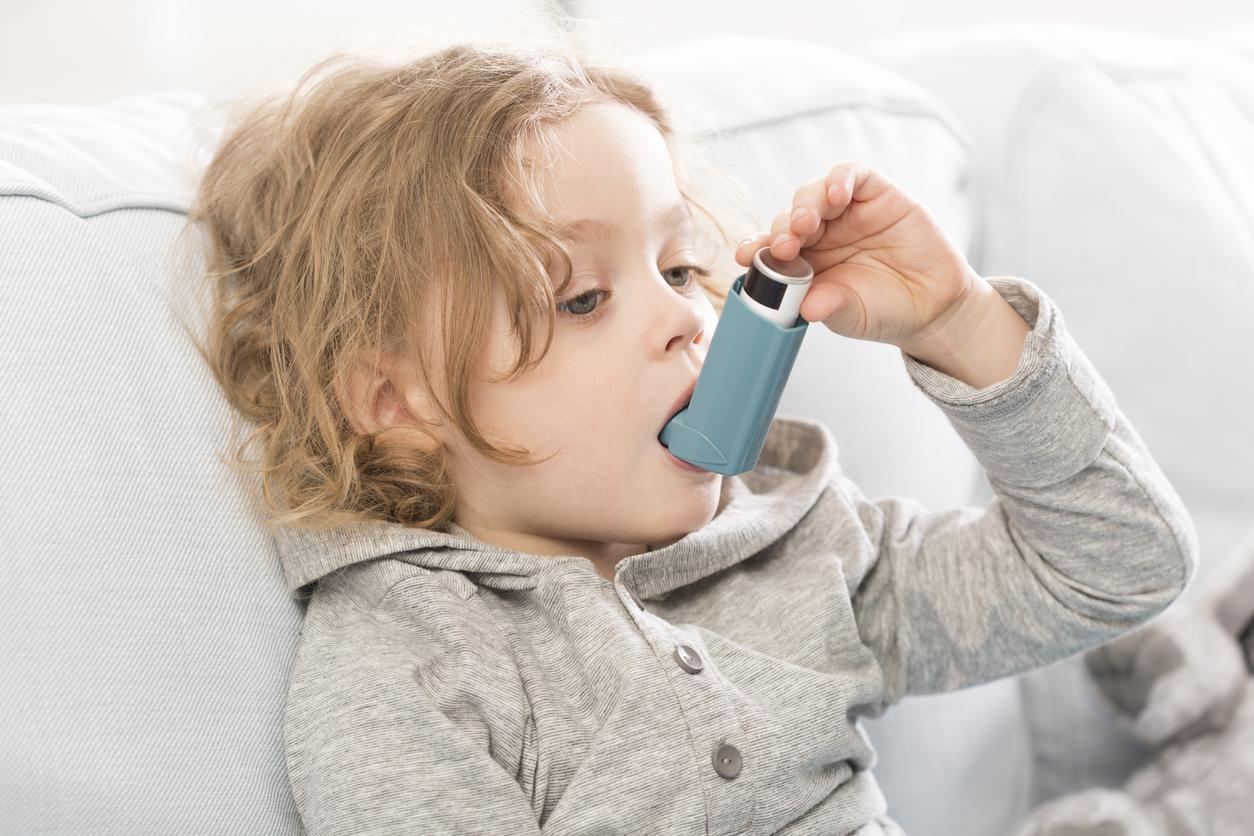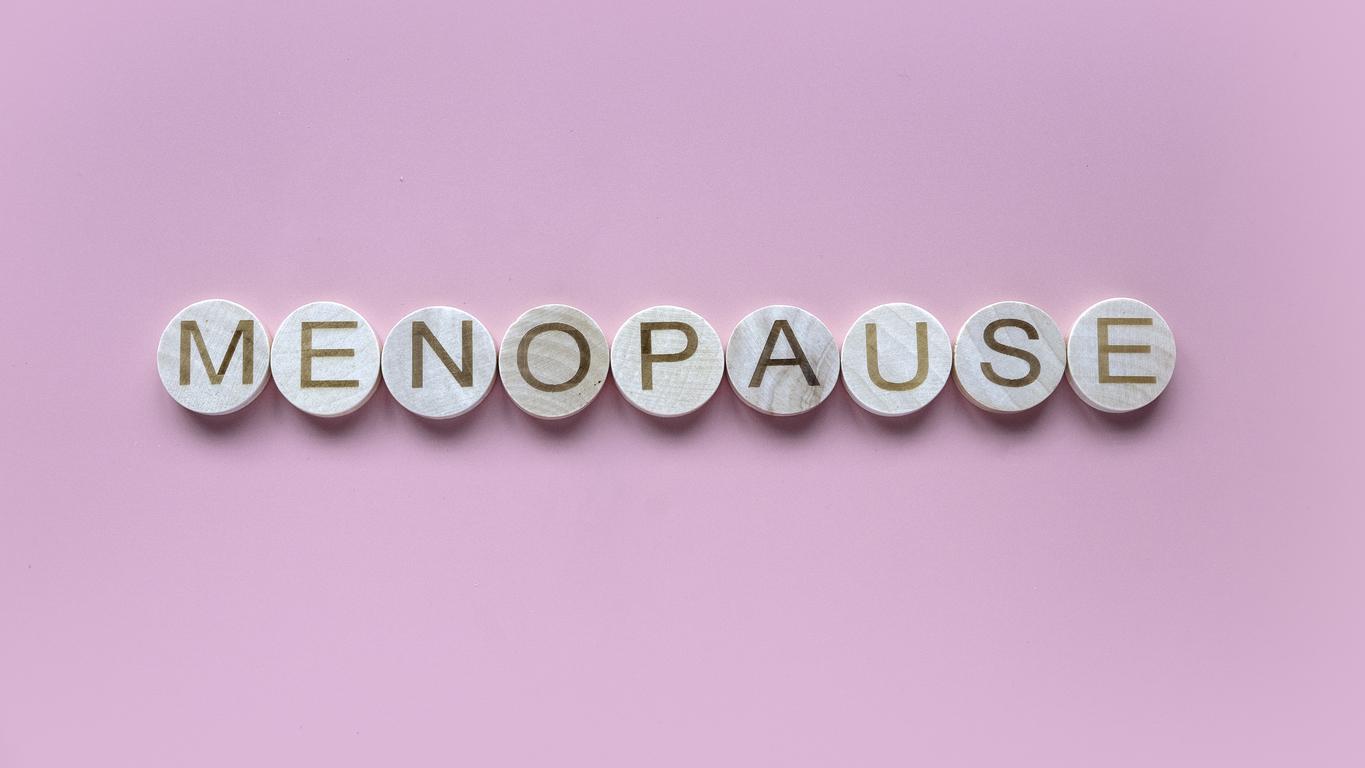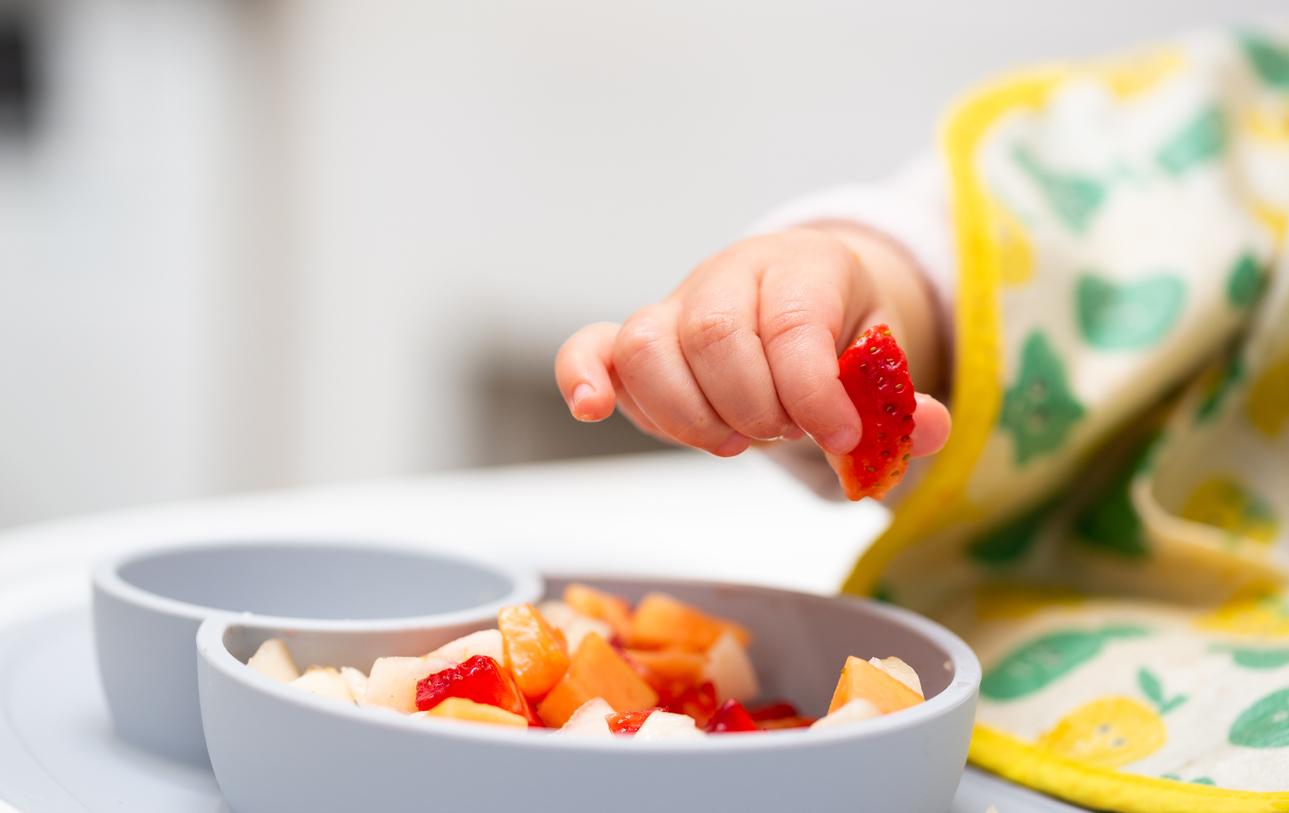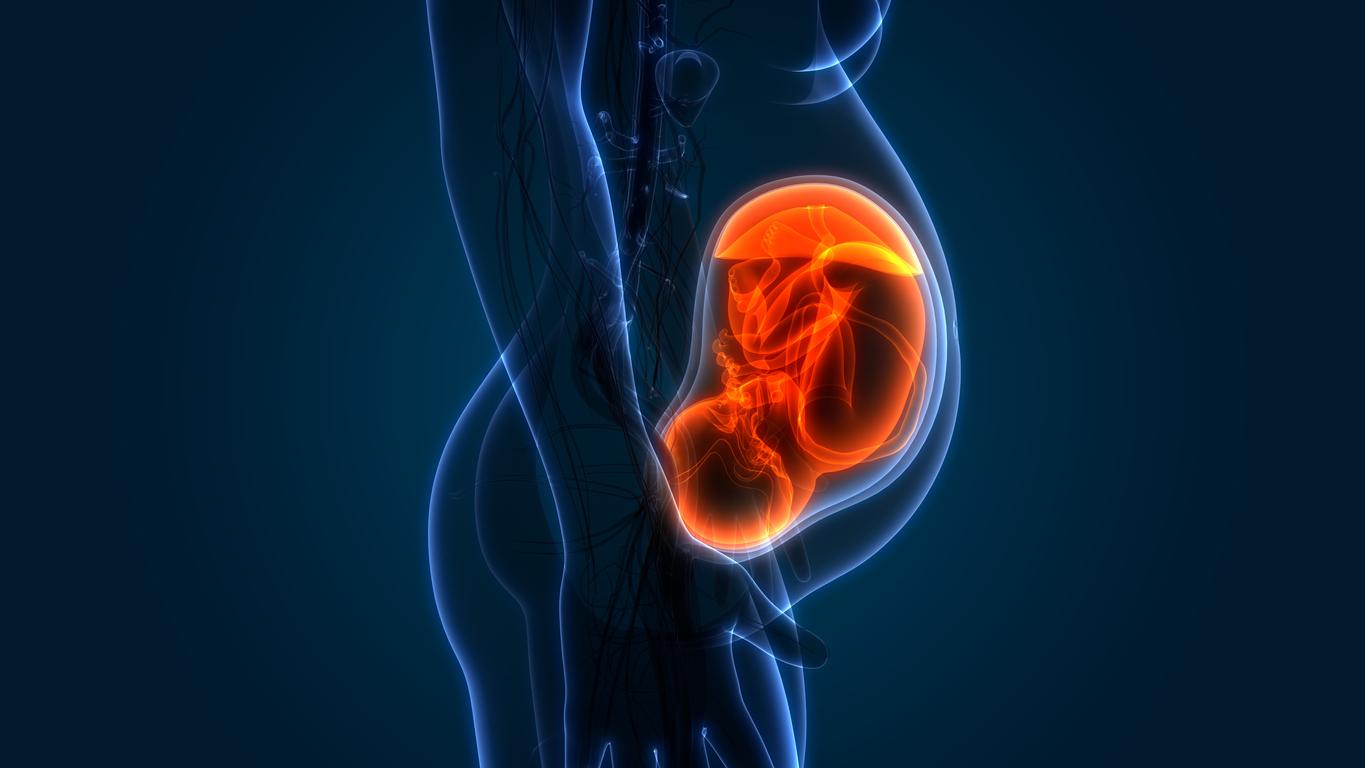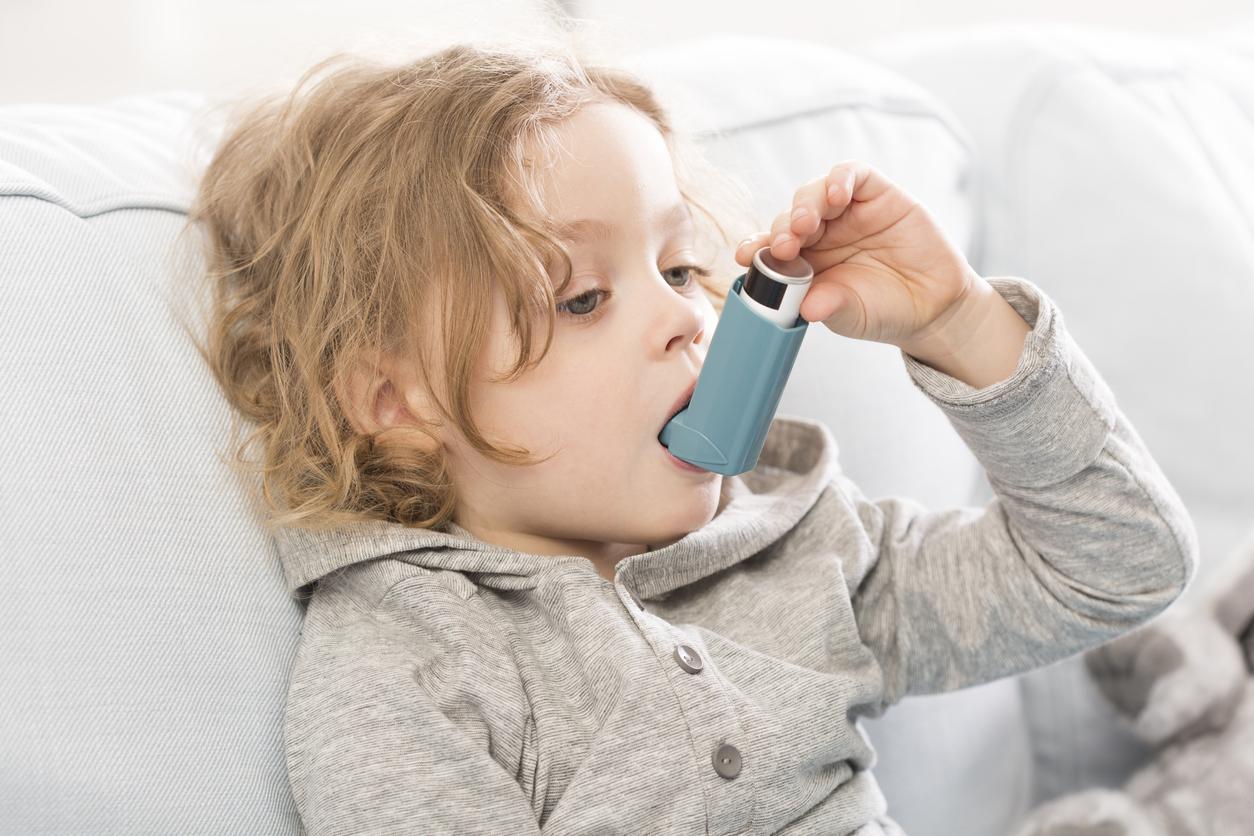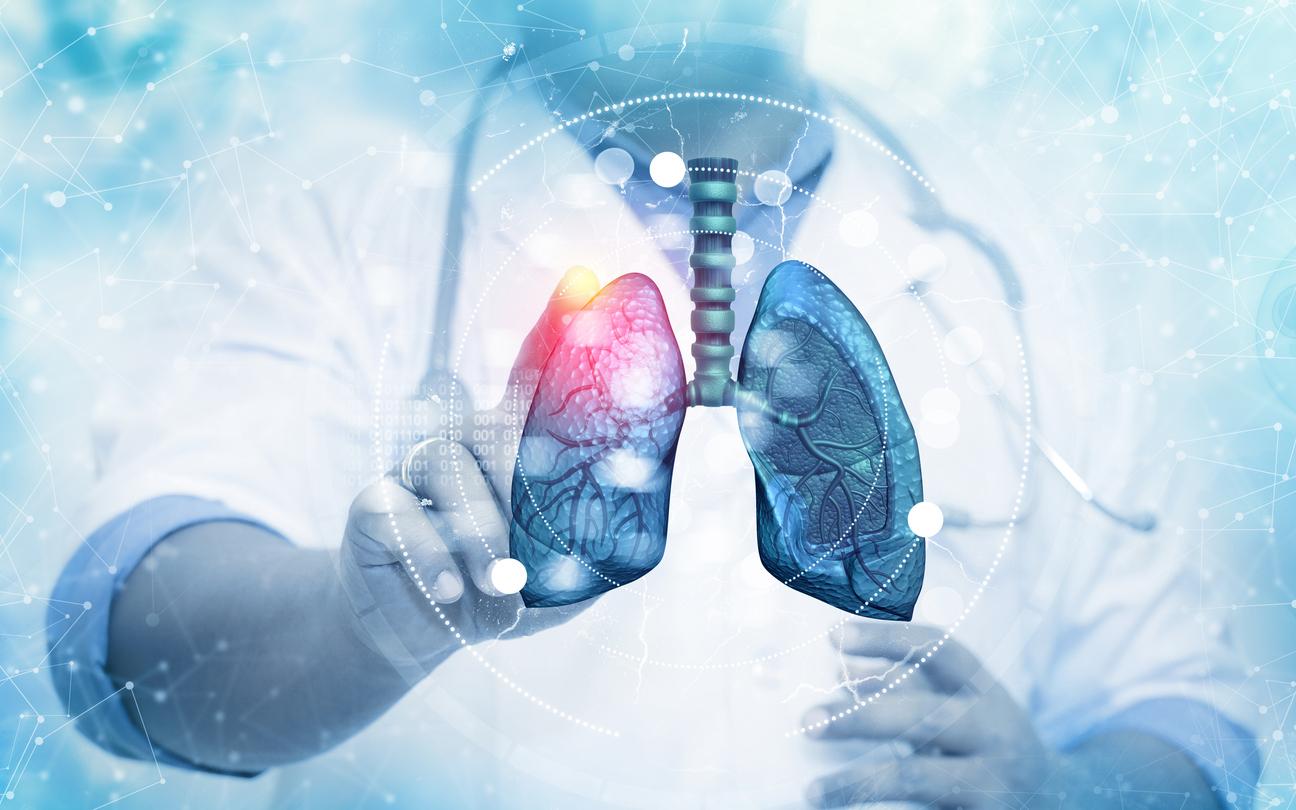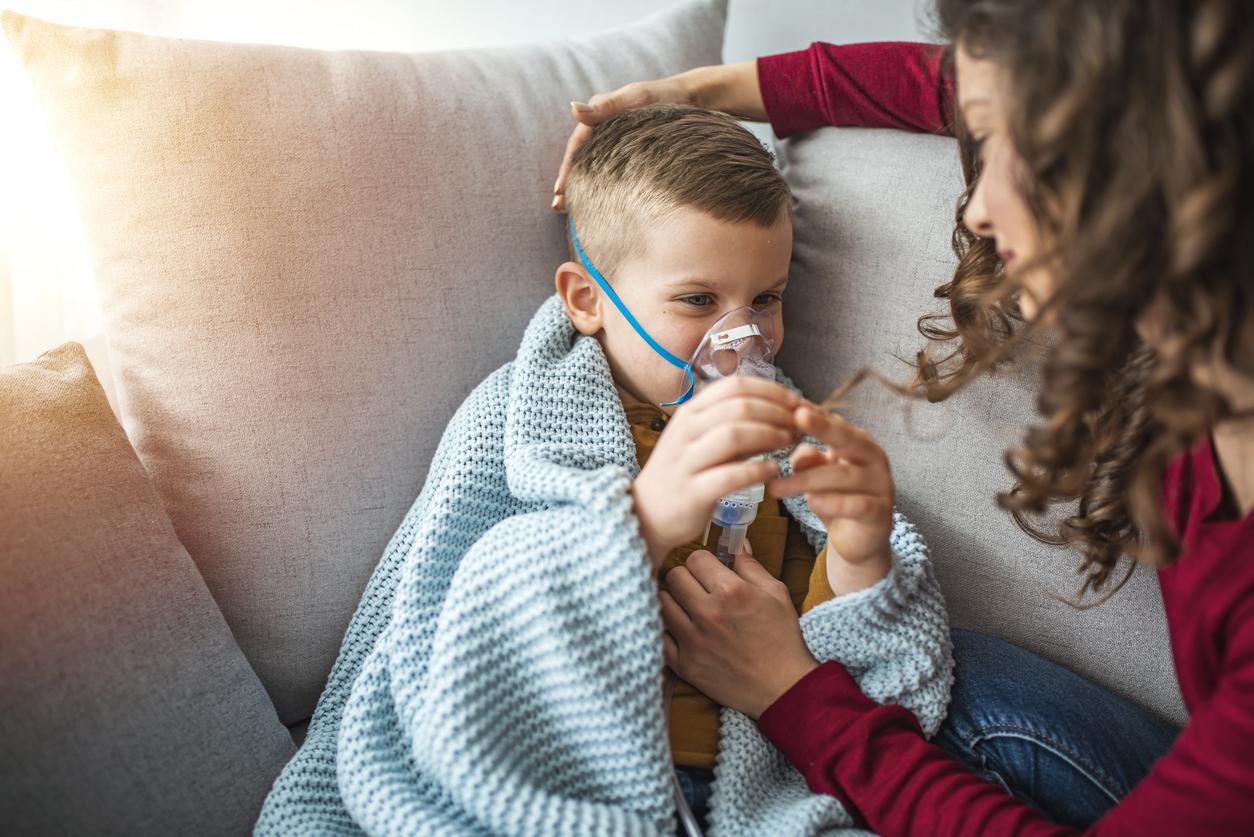A Danish study conducted among 685 families shows that children whose parents, and more particularly their mothers, suffer from allergies or asthma, are more at risk of developing these two chronic diseases.
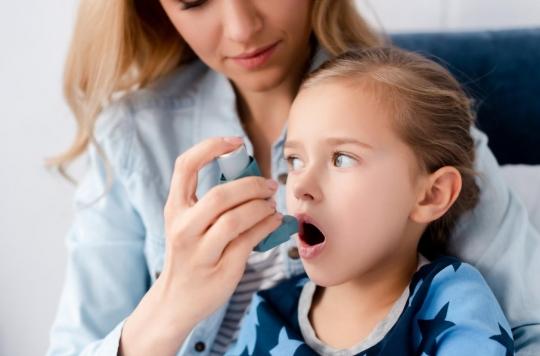
- A study conducted in Denmark on 685 parent-child trios shows that children whose mothers suffer from asthma or allergies are more at risk of developing these chronic diseases, especially during their early childhood.
- According to the researchers, this allergic and asthma sensitization is not linked to genetic factors, but to pregnancy.
Are children whose parents suffer from allergies and/or asthma more at risk of developing these pathologies? In any case, this is the conclusion reached by researchers from the University of Copenhagen (Denmark). In a study published in the journal Clinical & Experimental Allergy, they demonstrate that, compared to the father’s traits linked to allergies and asthma, the mother’s traits create a higher risk that the child will develop an allergy and/or asthma during infancy. They say this suggests that non-genetic factors related to mothers, including pregnancy, may confer an additional risk of allergies and asthma to children.
A large cohort study
Affecting approximately 10% of children, asthma is a chronic respiratory disease characterized by inflammation of the bronchial mucosa. This inflammation then results in a hyperreactivity of their muscular wall, which is most often manifested by wheezing, difficulty breathing, shortness of breath or coughing. These signs occur in acute attacks, more readily at night, and the first manifestations occur most often in children.
To understand the specific effects of parents on the risk of developing allergic sensitization and childhood asthma, the researchers selected 685 parent-child trios from the Copenhagen Prospective Studies on Asthma in Childhood 2010 cohort (COPSAC2010 ). The parents’ asthma was assessed by interviews and the child’s asthma was diagnosed prospectively during regular clinic visits up to the age of 6 years.
Levels of specific immunoglobulin E (igE) and total IgE were measured in parents and children at 6 months, 1.5 years and 6 years of age. IgE are antibodies produced by plasma cells following contact with an allergen. Associations between parental and child disease characteristics were then analyzed using a general estimating equation model fitted for breastfeeding and maternal smoking in the third trimester.
A higher risk related to the mother
It then turned out that the risk of specific IgE elevation in children was higher in the mother than in the father between 0 and 6 years of age. Furthermore, the researchers found that a high level of total IgE in the mother also increases the risk of high total IgE in the child. Individual time point analyzes showed that the maternal effect was strongest early in life, while parental effects were comparable at age 6 years.
These results therefore suggest that the non-genetic factors of the mother, and in particular during life in uteroappear to confer an additional risk of disease to the child during infancy.
“This study adds to the growing body of evidence linking the period of pregnancy to illness in early childhood. We find this finding very exciting, as it circumvents any known or unknown genetic factors that could add to the heritability of asthma and allergies.”according to Hans Bisgaard, lead author of the study and professor of pediatrics at the University of Copenhagen.

.









